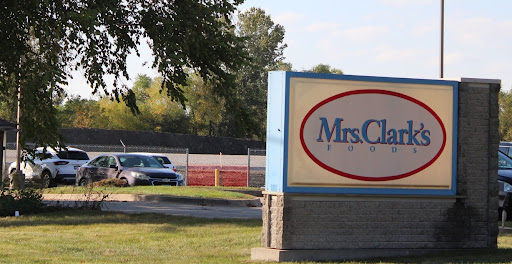ABI, cities, utilities fight environmentalists over water quality rule

Several of Iowa’s top business groups this week sparred over a proposed state rule intended to make it easier for cities and industries to complete sewage treatment plants and other developments while protecting the environment.
The Iowa Association of Business and Industry, the Iowa Association of Municipal Utilities and the Iowa League of Cities petitioned for setting a firm rule for reviewing the economics of less-polluting options. That came after a court ruling questioned the DNR’s approach on a sewage treatment plant project in Clarion.
Basically, the new rule would say that if a less-polluting option costs 115 percent or more of the base cost of the project, it can be thrown out of contention. If it’s under 115 percent, it should be analyzed.
The business groups said the rule would give them “regulatory certainty” and protect ratepayers in small towns from excessive sewage bills.
Environmentalists countered that the standard is arbitrary, doesn’t properly protect the environment and shows a misunderstanding of requirements under the U.S. Clean Water Act.
Jon Tack, the DNR’s water quality chief, said the rule means that if the alternative costs less than 115 percent of the base cost, the cost is worth it given the reduced pollution. If it is above 115 percent of the base, it isn’t worth it.
Tack said the DNR reviewed other states’ rules on the so-called antidegradation portion of the Clean Water Act, which basically says that polluted waterways should not be allowed to get worse. “We think we have a really good system in place. It’s broad and it’s effective. It doesn’t look good on paper without saying anything,” Tack said.
The latest proposal “is not by definition more stringent or less stringent,” Tack said. The business organizations agreed, while environmentalist contended the change would open the door for weakened water quality protections.
Josh Mandelbaum, staff attorney for the Environmental Law & Policy Center, said the rule’s approach would be like a homeowner picking out a security system and only considering the cost.
“These changes will weaken protections at a time when we face significant and increased challenges in keeping our water clean,” Mandelbaum said.
Tim Whipple, general counsel for the municipal utilities association, said the new rule would protect waterways “despite the hyperbole of environmental groups.” It would mean faster, cheaper projects with fewer court challenges and smaller sewage bills, he added.
Tack said the Iowa Environmental Protection Commission is expected to consider the rule as early as August.










